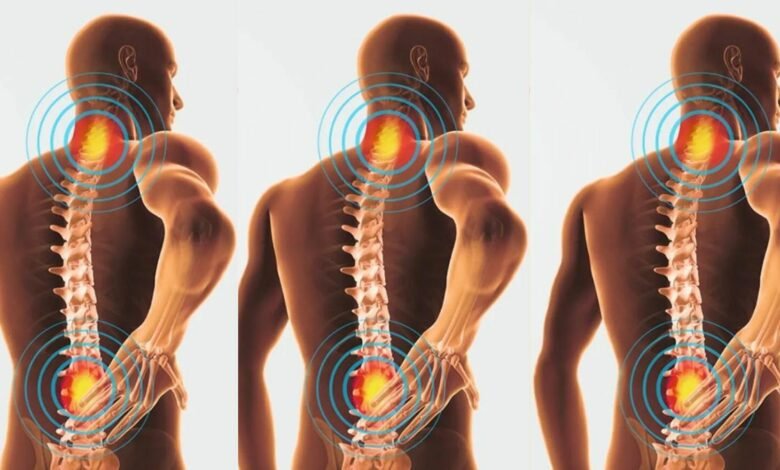Zebrafish protein gives Indian scientists clues on treatment of disc-related ailments

Protein present in the backbone of zebrafish could play a major role in the treatment of disc ailment.
Disc-related ailments are reported by many as they age. The human condition is that discs undergo natural degeneration, thereby causing a great amount of pain and other related health issues. It is often the pain in the lower back, neck, and appendage that are serious concerns.
Indian scientists have zeroed in on a solution to the growing problem. Researchers at the Agharkar Research Institute (ARI), the Pune-based autonomous institute functioning under the Department of Science and Technology (DST) have found that a kind of protein present in the backbone of zebrafish could play a major role in the treatment of disc ailment.
Finding could lead to better therapeutic processes
They found that the zebrafish protein could play a positive role in disc maintenance and further promote regeneration in aged discs between the vertebrae. This finding could lead to major therapeutic innovations in the bid to promote regeneration in degenerated human discs.
It is a known fact that only symptomatic treatments for disc degeneration are available at the moment. These include application of pain relievers or anti-inflammatory drugs and ointments. When the discs undergo major degeneration, healthcare professionals advise disc replacement or disc fusion surgery on patients.
The disc ailment scenario had been looking for the development of a treatment process that would help suppress disc degeneration and promote disc regeneration in humans since long.
The study, which has been published in the Development journal, has used genetic and biochemical approaches in this regard. It is seen as aiding the design of a novel strategy to suppress disc degeneration or induce disc regeneration in degenerated human discs.
Disc maintenance studies need a boost
It looks like the new findings would go a long way in effective treatment of disc degeneration. Though there have been much written about the various stages of disc degeneration, not much information is available about the cellular and molecular processes playing that have a role in disc maintenance. Medical procedures are also less.
The ARI scientists have discovered the protein called Cellular communication network factor 2a (Ccn2a), which is secreted from intervertebral disc cells. These can be deployed in regeneration of aged degenerated discs by promoting cell proliferation and cell survival by modulating the pathway called the FGFR1-SHH (Fibroblast growth factor Receptor-Sonic Hedgehog) pathway.
Zebrafish has been used as a model organism is the first in vivo study showing that it is possible to induce disc regeneration in a degenerated disc by activating an endogenous signaling cascade. The scientists also found that the Ccn2a-FGFR1-SHH signaling cascade takes a positive role in disc maintenance and augmenting disc regeneration.

